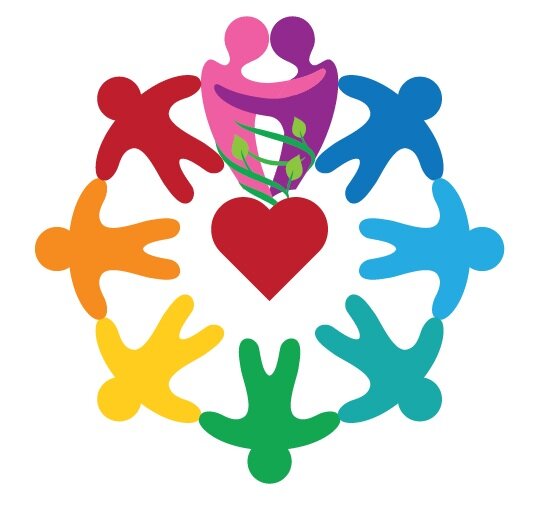De-Mystifying Desire
Sexual Desire – what’s low for one may be normal for another…
Libido refers to a person’s sex drive. The way they are driven to want sex. It’s a biological and physical urge; and it’s primal. We’re driven to have sex to ensure the survival of our species and for pleasure.
Everyone’s libido level is different. Some people are inherently hornier than others.
This is when a lot of people want to ask, “What’s normal?” Here are my responses:
Normal isn’t a specific level. There is a wide range of libido levels that are all considered normal.
People seem to ask this question for one of two reasons.
They want assurance that they are normal.
They’re looking for an answer about why their partner isn’t as interested in sex and hoping they can be ‘fixed’. This can be out of concern, but it can also be laced with blame.
Low libido is a reflection of many things that need to be taken into consideration, all of which can interfere with and inhibit your natural sex drive. These are a few:
Hormone balance – primarily low testosterone
Medications
Diseases
Substance abuse
Depression
Desire is made up of 3 different elements.
Libido is only one of those elements. The other two elements are your erotic script and your level of intimacy with yourself and your partner.
Erotic script: This is made up of your thoughts, beliefs, past experiences and feelings about sex, sexuality and what you find sexy or a turn on. Here are a few things that can affect your erotic script and cause low sexual desire:
Limiting beliefs or misinformation about sex and sexuality
Religious doctrines
Motives for having sex
History of sexual abuse or trauma
Fear of pregnancy or sexually transmitted diseases
Intimacy: How you relate to yourself and your partner in each Body, mind, heart, spirit and connection. When you’re in tune with who you are, and you feel mutually connected with your partner intimacy is deep and can fuel sexual desire. A few of the things that affect intimacy and can cause low sexual desire are:
Limiting beliefs about yourself or your partner
Fear or inability to be open and vulnerable
Poor communication
Lifetime messages about relationships
Lifetime messages about love and trust
Now, let’s get up on desire – according to Emily Nagoski and her book Come as You Are, there are three types of desire:
Spontaneous Sexual Desire: This needs little explanation. This is just like it sounds. It shows up “boom” with or without stimulation. (Approx. 75% or men and 15% of women experience this so if you are calculating this, it means that approximately 85% or women and 25% of men don’t experience it).
Responsive Sexual Desire: Desire shows up in response to stimulation – meaning something sexy happens and then the body responds. Often women tell me that they don’t regularly desire sex with their partner, but once they “get into it”, they want more of “that feeling” and the desire switch turns on. This means for these women (approximately 30% and 5% for men) need more than a sexy thought to get them going.
Contextual Sexual Desire: When the circumstances and environment impact the ability to feel sexual desire. Think about what it’s like to drum up desire when you don’t feel safe; there is routine or boredom, lack of anticipation; you or your partner have not showered recently; your kids are in the next room, you feel stressed out by financial burdens, or you just ate a huge steak dinner. Sex may not be the first thing on your mind.
Most people experience a combination of responsive and contextual desire. So you see, most of us are so incredibly hard on ourselves and our partners. When our bodies do not respond the way we think they should respond we are creating unrealistic expectations and are opening ourselves up to blame, disappointment and shame.
Sexy is messy and we are complex but there is no “right” or “wrong” desire.
Oh and one more thing – Desire first then arousal. In other words, desire needs to happen first in order for arousal to occur.
To sum this all up there is no quick answer to questions about low libido or low desire. In my work I take a holistic approach to help my clients re-ignite love, intimacy, sex and relationships. When it comes to sexual and relational concerns – leave no stone unturned.
With love and in support of you,
Corinne

